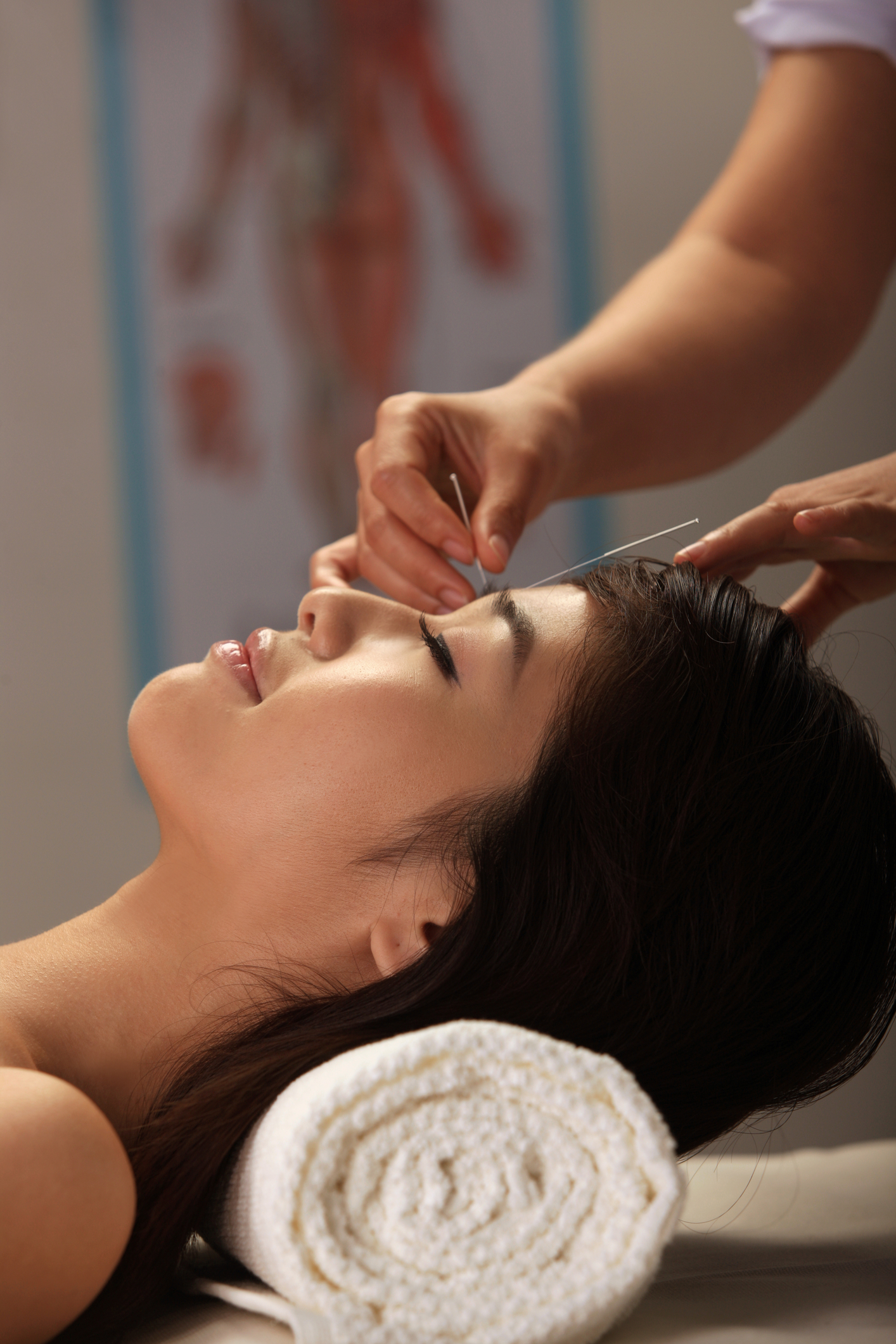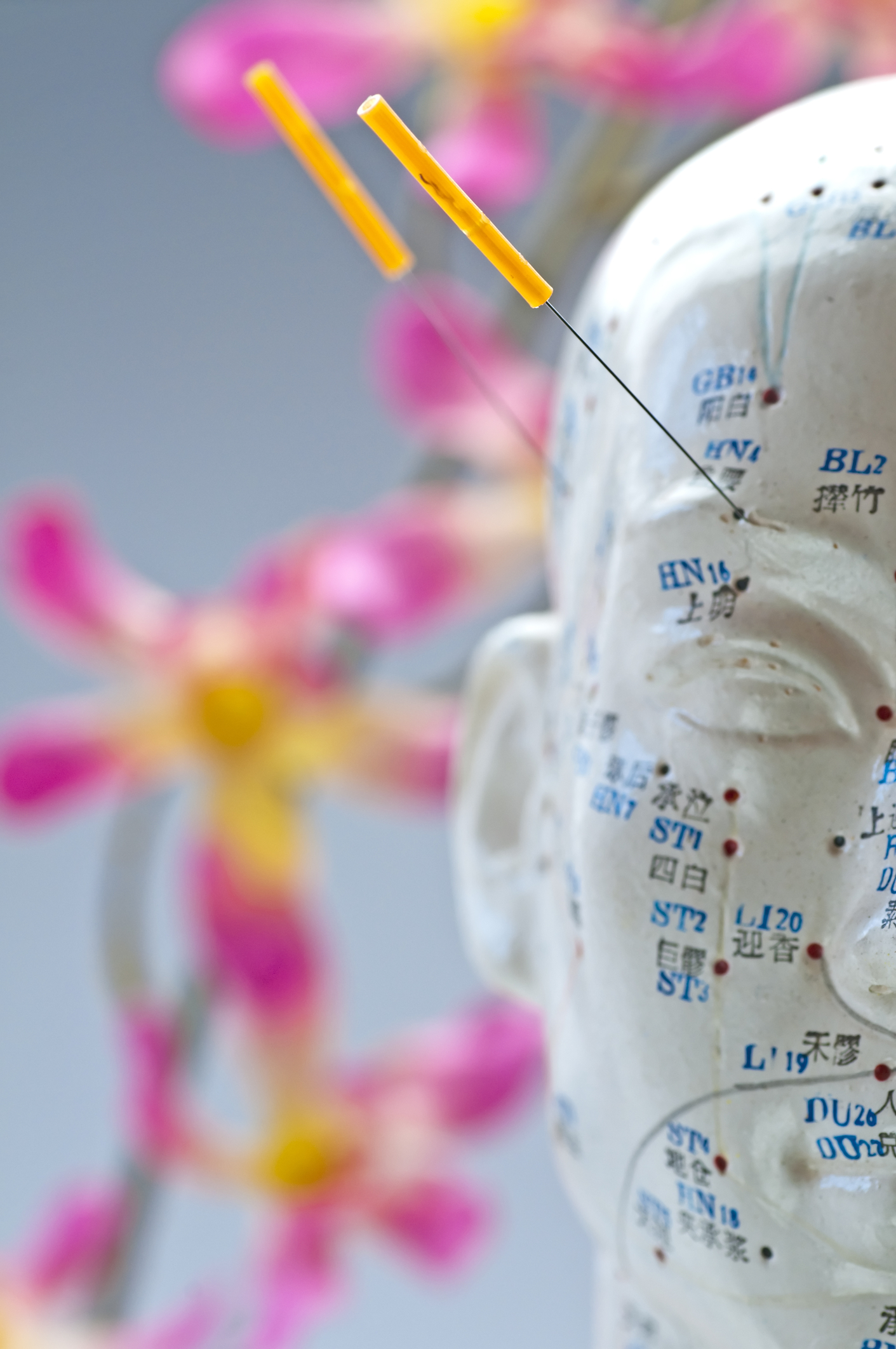
Traditional Chinese Medicine: What is it?
Traditional Chinese Medicine is rooted in natural law that governs the Earth, nature, and human beings. Comprehension of the yin and yang balance and function is key in deciding the treatment process for patients. The founders of TCM participated in rational investigations of truth and the principles of simply being. Practitioners understand that body, mind, emotions, and spirit are all linked to make the whole. And the most effective way to care for your whole self is a form of health care that starts treatment before the symptoms begin. Chinese Medicinal practitioners believe illness stems from several different aspects of a person’s being, so it utilizes multiple methods of healing while encouraging self-awareness.
What is Qi?
Practitioners of TCM believe Qi to be the governing life force/energy within living beings. This term is not exclusive to intangible animating force within us. The blood in your circulatory system and lymphatic fluid of your immune system, fall into the category of Qi, for without these substances there would be no life. All aspects of TCM focus on maintaining an unobstructed flow of Qi through meridians.
How do the meridians work?
Meridians are pathways/energy distribution channels that Qi uses to reach all organs and systems in the body. Our energy roadways pair up bi-laterally much like every other anatomic system in our bodies. There are 365 bi-lateral pairs of acupuncture points on the human body.
What is acupuncture?
In Chinese Medicine, Acupuncture is the insertion of thin needles into specific points along the meridians. These points can develop blockages. The needles draw the attention of the Qi, telling it where in the body it needs to flow in order for the healing to begin. Acupuncture has been making a resurgence in the medical field due to its ability to help ease the musculo-skeletal pain and treat many different conditions. Whether it be through increasing the flow of Qi or exciting the central nervous system it has indisputable beneficial effects. Considering each case is unique, the sensation of acupuncture varies from patient to patient. Generally, the larger the blockage or the more severe the condition, the more discomfort might be felt. This lasts for a short amount of time before giving way to relaxation and meditative treatment.
What is Acupressure?
Acupressure follows the same theory as acupuncture. Look at the similarities in the words. One uses forced wrapped in tenderness applied with fists, hands, and fingers, while the other superficially penetrates the skin with a needle. However, the focus on these techniques are both on the meridian system and the universal points that facilitate the natural healing within ourselves.
Tuina is described as a medical Chinese massage with a technique that utilizes the same knowledge as acupressure and acupuncture. Incorporating western style skeletal adjustments and deep tissue release while working with the meridian system.


Does Herbology Really Work?
Simply put, herbology is the application of naturally occurring materials such as plants and minerals to treat medical conditions.
Though it’s common sense that the substances we put in our bodies have the ability to nurture or harm our delicate internal structures, this method of treatment is not exclusive to the teas or capsules your TCM doctor might prescribe.
The topical ointments used for pain and skin conditions, and even dried herbs used for bath soaks, are constructed with an understanding of the synergistic yin/yang effect of the different herbs. Even today in the world of modern science, most medications are synthesized or based off of a plant that has existed for hundreds of years.
